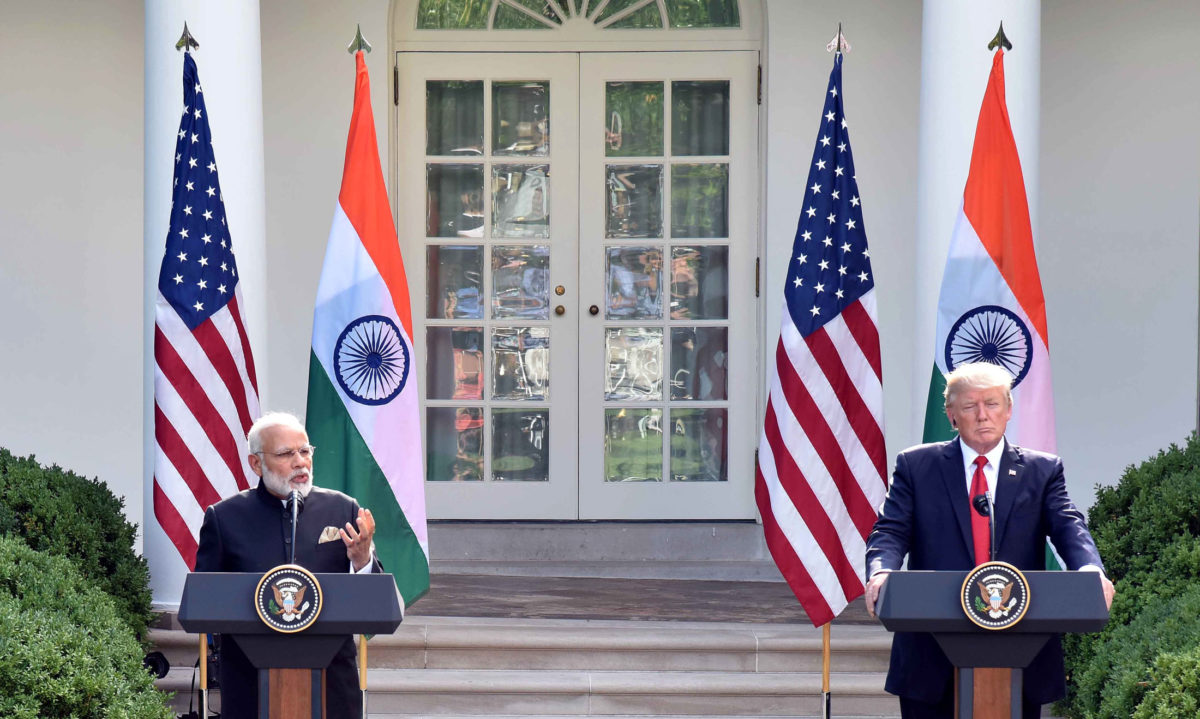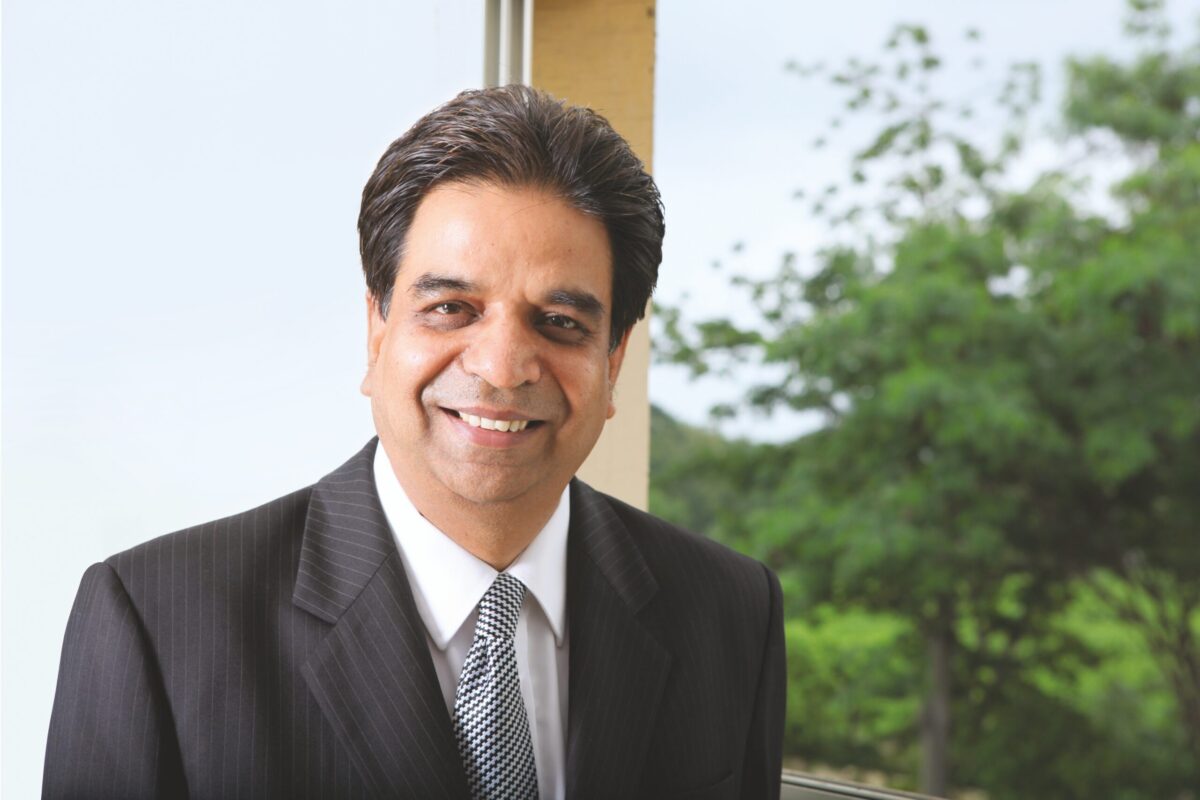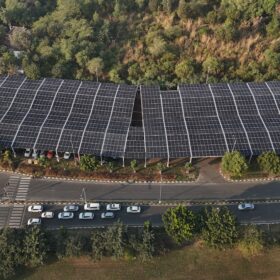India has called for a special meeting of the DSB to be convened on February 9, in order to resolve the disagreement between India and the U.S., regarding India’s compliance with the recommendations and rulings of the DSB.
The country has requested the establishment of a dispute panel to determine whether it has complied with an earlier WTO ruling regarding domestic content requirements for solar cells and modules. India said it has complied with the recommendations and rulings in this dispute, titled “DS456 – India – certain measures relating to solar cells and solar modules.”
However, the country has rejected the U.S. request seeking authorization from the Dispute Settlement Body (DSB) to suspend tariff concessions under the covered agreements.
The Indian request was circulated to WTO members on January 29, where India clarified it had complied with the DSB ruling.
Implementation action
India submitted the status report on December 14, 2017, which was published by the WTO on January 29. India stated that there is no law or regulation in the country mandating Domestic Content Requirements (DCR) for solar cells and modules.
The panel, while analyzing the DCR measures at issue, noted that the National Solar mission (NSM) is being implemented in several successive “Phases”, with each phase being further sub-divided into several “Batches.” The United States had based its panel request on Phase I (Batch 1), Phase I (Batch 2), and Phase II (Batch 1-A) of India’s NSM.
Under the first two Batches, that is, Phase I (Batch 1) and Phase I (Batch 2), the Ministry of New and Renewable Energy (MNRE) selected NTPC Vidyut Vyapar Nigam Limited (NVVN) to act as the agency responsible for implementing the solar power project selection process, including but not limited to, issuing the Request for Selection (RfS) document governing selection of solar power projects.
NVVN served as the government party in the individually executed PPAs. For Phase II (Batch 1), the MNRE selected the Solar Energy Corporation of India (SECI) to perform the same functions that NVVN performed for Phase I.
The panel noted that the scope of the DCR measures varied across batches. It also recorded in its report that the guidelines would have no legal impact if no action were taken after the batch was initiated; that is, if there were no subsequent bidding/selection processes.
To this end, India submits the following details, dated February 24, 2016:
- In Batches 1 and 2 of Phase I of the NSM, PPAs for 140 MW were entered into under the DCR measures, and PPAs totaling 330 MW were entered into with imported cells and modules; and
- In Batch 1A of Phase II of the NSM, PPAs for 375 MW were entered into under the DCR measures. However, only PPAs for 355 MW were eventually commissioned under the DCR measures. An additional 325 MW comprised imported solar cells and modules.
At the time of the Panel and Appellate Body hearings, there were several other projects, in respect of which guidelines and RfS documents were issued using the DCR measures, and which were at various stages of tendering and selection. The details of these projects are:
- On March 10, 2015, the MNRE issued the “Guidelines for Selection of 3000 MW Grid-Connected Solar PV Power Projects under Batch-II for State Specific Bundling Scheme.” The implementing agency for these guidelines was NTPC Ltd, and accordingly, NTPC issued the four RfS documents from May 2015 to June 2016.
- On August 04, 2015, the MNRE issued the “Guidelines for Implementation of Scheme for Setting up of 2000 MW Grid-connected Solar PV Power Projects under Batch-III – State Specific VGF Scheme” pursuant to which, SECI issued two RfS documents in February 2016.
- On March 14, 2016, the MNRE issued the “Guidelines for Implementation of Scheme for Setting up of over 5000 MW Grid-connected Solar PV Power Projects under Batch-IV”, pursuant to which, SECI issued an RfS document dated April 22, 2016.
Stakeholder consultations
Pursuant to the adoption of the DSB recommendations and rulings, India held stakeholder consultations and took steps to ensure swift compliance with the same. Regarding the guidelines and RfS documents identified above, which had been at various stages of tendering and selection at the time of the adoption of the DSB recommendations and rulings, the PPAs were signed.
They include: 150 MW in Andhra Pradesh (Kurnool Solar Park) in March 2016; 100 MW in Rajasthan in June 2016; 50 MW each in Maharashtra and Telangana, in July 2016; 50 MW and 100 MW in Karnataka, in August and December 2016; and 25 MW in Gujarat in December 2016.
However, India confirms that after December 2016, no PPAs pursuant to guidelines and RfS documents requiring DCR measures were determined to be inconsistent under the DSB recommendations and rulings.
Apart from the aforementioned projects, some projects which were initially envisaged to be installed under DCR measures, were cancelled by the MNRE on the basis of assessments that these may not be completed within the RPT. These include projects with a capacity totaling 300 MW, which were to be undertaken by SECI; and 250 MW, which were to be undertaken by NTPC.
Referring to the above data, the Indian Government stated, “Thus, India would like to state and affirm that in order to comply with the recommendations and rulings of DSB in this dispute, it has: (a) taken all appropriate steps to bring its measures into compliance with the DSB recommendations and rulings; (b) no PPAs under the DCR measures have been entered into after December 2016; (c) some projects that were initially contemplated with the DCR measures, have been cancelled; and (d) India no longer enters into any PPAs involving the DCR measures.”
It added, “This removes the basis for any inconsistency of India’s measures, with Article III:4 of the GATT 1994 and Article 2.1 of TRIMs. Therefore, as of the date of expiry of the reasonable period of time (RPT) on December 14, 2017, India is fully compliant with its WTO obligations.”
This content is protected by copyright and may not be reused. If you want to cooperate with us and would like to reuse some of our content, please contact: editors@pv-magazine.com.








By submitting this form you agree to pv magazine using your data for the purposes of publishing your comment.
Your personal data will only be disclosed or otherwise transmitted to third parties for the purposes of spam filtering or if this is necessary for technical maintenance of the website. Any other transfer to third parties will not take place unless this is justified on the basis of applicable data protection regulations or if pv magazine is legally obliged to do so.
You may revoke this consent at any time with effect for the future, in which case your personal data will be deleted immediately. Otherwise, your data will be deleted if pv magazine has processed your request or the purpose of data storage is fulfilled.
Further information on data privacy can be found in our Data Protection Policy.